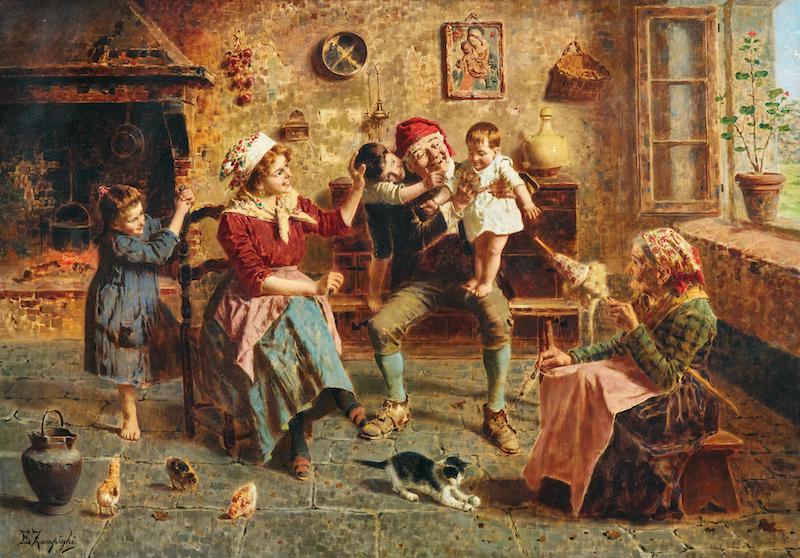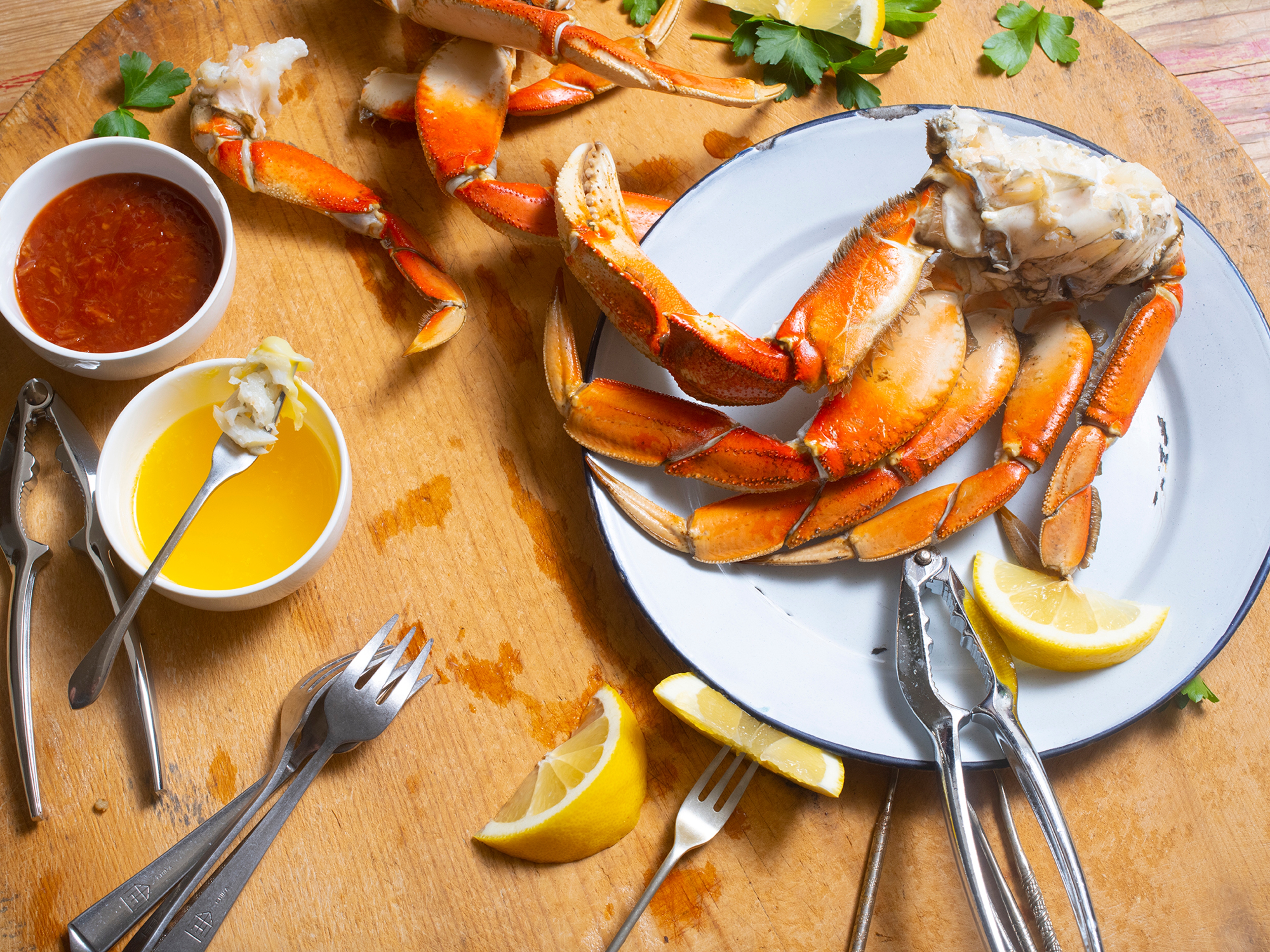The Science of Happiness
The science of happiness and well-being shows more than just psychological benefits, your physical health gets better too!
Oct 21, 2022
More than 4 million people have enrolled in the free online course "The Science of Well-Being" offered by Yale psychology professor Laurie Santos. In the class, students track their sleep patterns, keep a gratitude journal, and perform random acts of kindness, among other steps.
Why take such a course?
While the desire for happiness is universal, human beings have mental habits that mislead us into less-than-optimal choices. We overestimate how much happiness we'll get from hoped-for events and how crushed we'll be by adverse ones. In our quests, we also underestimate the power of certain activities — meditation, volunteering, exercise, light conversation — to give us a lift.
So, what has scientific investigation into the cause of durable human happiness taught us?
If you want only two words, that's easy: Be kind. On that point, happiness science and the great religions completely agree.
But let's go a bit deeper into the science of happiness:
Our culture misleads us

The media message is that power, luxuries and wealth, marriage, and beauty are all important.
In fact, people with money-based goals end up less satisfied with their lives. The more you earn, the more you think you need to earn. We're mainly affected by how well we think we're doing compared to others.
What about the quest for true love? Getting married may not make you happier, even if it's a reasonably good match. People tend to adapt to a marriage and return to their previous happiness baseline.
If only I were better-looking! But losing weight won't reliably make you happier, and plastic surgery doesn't relieve anxiety or depression. Again, the problem is comparing yourself to others.
Know your strengths
Happiness comes from activity, not outcome — from doing your job well, rather than from getting a raise, for example. Using your strengths is energizing. Do you know what yours are? You can take a free science-based survey here.
Your strengths may have evolved over time. When I took the survey in 2019, my top strength was creativity; in 2021, my top strength was kindness. In between, I found myself alone with COVID-19 and pneumonia in New York City when our hospitals were jam-packed. I was surprised and touched by the number of people who helped me — calling, delivering food, and encouraging me. All that kindness made me value kindness.

In the first exercise of the Yale course, you'll be asked to pick a top strength and use it at least once a day in a new way for a week.
When I'm feeling down, I whip into kindness action, such as signing up to give platelets. Some time ago, an elderly man asked for my number on a city bus. We texted for a while, but he was disappointed when I never found the time to talk — today I agreed, and we had a pleasant conversation. It was a mitzvah (good deed in Yiddish), and good for me, too. Conversations between strangers give both sides a little lift.
In general, being kind makes most of us happier. In the Yale course, Santos asks students to do seven new acts of kindness in a week. These don't have to be dramatic, but they should be clearly helpful.
Let's say you were given a chunk of money. In a small study, Americans predicted that they'd be happier if they spent it on themselves, but in fact the people who gave it away reported more happiness. The same study found that people who spend more of their income on others are happier.
What will make you happy may be free and at hand
Expressing your gratitude to someone in person is a proven happiness booster. Keep a gratitude journal. Writing down three things that went well (and why) every day for a week can lift your happiness for months.
"If you want only two words, that's easy: Be kind."
Meditate. I can tell the difference when I skip a day. If I'm angry or hurt, I turn into a lawyer in my head, composing long analytical or eloquent narratives. Thank goodness I know enough not to deliver them. Meditation has made it possible for me to stop. I have more mental control.
Guided meditations are essentially a form of prayer. The popular "loving kindness" meditation can cut symptoms of depression.
Mountains of evidence show that getting enough sleep and exercise are each linked to positive mood. So why do so many of us go without? Many people say they don't have enough time. But you may be sacrificing your health — including your mental health — pursuing goals that won't lead to your happiness.
Eating well is also linked to well-being. We think that sweets make us happy, but research has found that eating fruits and vegetables boosts mood. People who eat the most fish have a lower risk of depression.
Before we decide that our happiness depends on a major change like moving to a new city or refusing to speak to our relatives, science suggests going back to basics. Spend more time doing the things that energize you. Go for a brisk walk. Talk to a stranger. Cook a salmon dinner for a friend. Volunteer or donate to a cause that moves you. Be kind.






